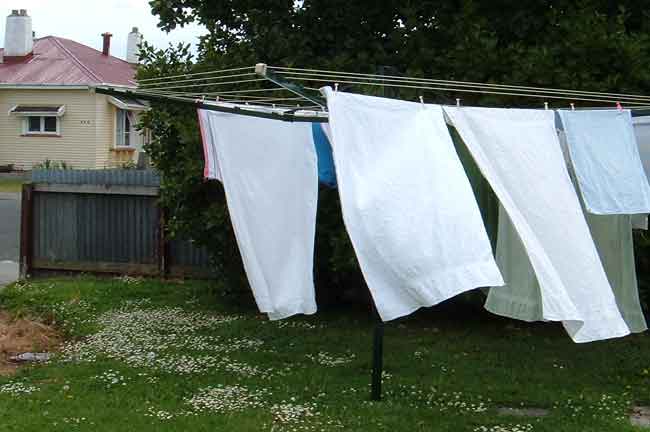Government putting right meth contamination evictions

The government has started making amends to Housing New Zealand tenants who were evicted after small amounts of methamphetamine contamination were found in their homes, but has it gone far enough?
It’s been a while since the methamphetamine testing scam was busted in mid-2018, but since then, nearly $4 million has been paid out in compensation and the government has agreed to write off millions more in unfair debt.
Housing New Zealand (HNZ) has long since apologised for evicting considerably more than 1,000 people, after admitting that its methamphetamine testing thresholds were set far too low. It’s now in the process of compensating those people, and its official policy has been changed to offer support to those struggling with drug use instead of further punishing them.
By mid-June, HNZ had considered 970 cases and paid out discretionary grants of nearly $4 million, with an average payment of just over $7,800. Payments are for costs incurred, not emotional harm.
In further moves, the government has also directed the Ministry of Social Development to write off any debt that was incurred as a result of this unfair policy. That could reach as much as $3.2 million.
It’s a good start, says NZ Drug Foundation Executive Director Ross Bell. “We welcome this shift in policy and culture. It shows that, since fronting up to mistakes that were made and recognising the harm that was caused to vulnerable tenants, the government is genuinely trying to put things right.
Our question would be, is it enough to account for all the upheaval and stress those people suffered?”
After being evicted from their homes and forced to abandon personal belongings that were supposedly contaminated, tenants were then held liable for costs including emergency housing, moving, storage, replacement furniture and bond money for a new tenancy.
Despite opposition from advocates, the practice only stopped after a report from Professor Sir Peter Gluckman, then Chief Science Advisor to the Prime Minister, which said there was absolutely no evidence that people can be harmed by third-hand exposure to methamphetamine residue. The only possible danger was if a property had been used for manufacture.
Since then, HNZ has admitted the bar was set so low that it was impossible to prove any of the evicted people had even smoked methamphetamine in the house, let alone manufactured it.
Although media reports have claimed up to 2,400 people were affected, a HNZ spokesperson said it’s impossible to estimate numbers because tenancies change all the time. There is no cap on payments, which are being individually assessed on a case-by-case basis.
Acknowledging that many of the people affected may have been struggling with their drug use, HNZ has also appointed a specific team to manage any tenants who need addiction treatment, rehabilitation or other support.
Minister for Social Development Carmel Sepuloni said she was fairly sure all the people affected had been identified, and each of those people would be individually contacted. Thirty were still living in emergency housing.
Beneficiary advocates have pointed out that many people who were unable to access adequate support may have taken on additional credit card debt or bank loans or fallen prey to loan sharks. However, a spokesperson for the Minister said there were no plans to compensate for private debts.
Recent news

Expert Pharmac committee recommends funding for overdose reversal nasal spray
Public funding for a lifesaving opioid overdose reversal nasal spray is one step closer, with an expert committee saying that funding the medicine for use by non-paramedic first responders and people at high risk of an opioid overdose is a

Reflections from the 2024 UN Commission on Narcotic Drugs
Executive Director Sarah Helm reflects on this year's global drug conference
What can we learn from Australia’s free naloxone scheme?
As harm reduction advocates in Aotearoa push for better naloxone access, we look for lessons across the ditch.

